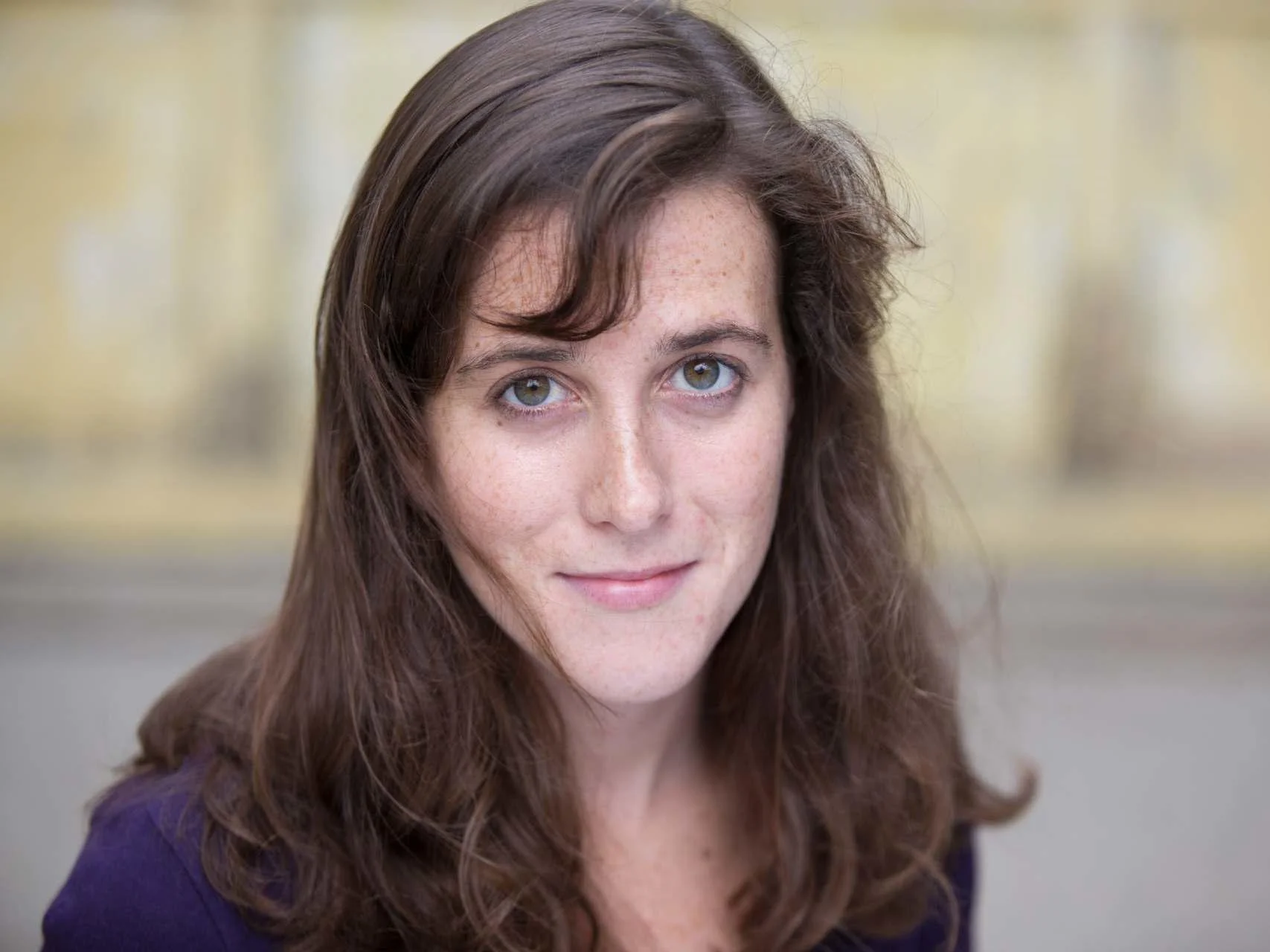Investigating the lives of Indonesian nuns: a Q&A with Meghan Rose Donnelly
Turning research into a play
Meghan Rose Donnelly is a PhD researcher in the Department of Anthropology
I hope people learn a little more about Indonesian nuns! And not only learn more, but feel a real human connection to them.
Meghan Rose Donnelly

What are you currently researching?
I spent two years living in eastern Indonesian convents researching how women become nuns. It’s a process that lasts their whole lives and depends so much on creative approaches to living together.
We tend to think of convents as staid, solemn places, but this couldn’t be further from the truth. There is so much laughter and joy. Between the hard work and the goofing off, the play and the piety, nuns come together as a community and it is in community that they define themselves.
What attracted you to this area of research?
I am fascinated by little human triumphs, by moments when individuals can push past conflict and grow together. When I first started learning about Indonesia in my undergraduate years, I was captivated by its diversity: artistic, religious, and cultural.
Meanwhile, I was studying theatre and being drawn in by its expressive capabilities. When I arrived in Flores (an island in Indonesia), I ended up staying at a convent almost by accident. The night before, I suddenly realized I had no contacts and nowhere to stay. A frantic google search on scrappy internet turned up two options for travellers: a hotel and a convent.
A convent felt like a better first stop for an anthropologist of religion, so, upon spilling out of Larantuka’s tiny airport, I asked a taxi driver if he knew of any convents nearby. He was a bit surprised by me and, on the ride past banana plantations where wild piglets ran around and along a vivid blue sea, he drew out my story. When we arrived at the convent, I didn’t say a word! The driver relayed my whole life history to an astonished Sister who generously invited me to stay and introduced me to everyone in the convent. Among these energetic, vivacious, passionate women, I found my PhD.
You have turned your work on Indonesian nuns into a theatre piece. Why did you choose to present your research this way?
When I left for my two years of fieldwork in Indonesia, I already knew I wanted to make a play. I also knew that I wanted to use theatre techniques to do the research. How might making theatre in the field elicit new anthropological insights? Luckily, the nuns I lived with already shared a dramatic sensibility between them: they did impersonations, leapt from their seats to better illustrate their stories, and put on lengthy variety shows. We suited each other well!
What else can you tell us about the play?
This play is based on interviews with nuns. Everything the audience hears was really said by someone. If you watch the show, you will see five nuns telling stories about their lives and discussing the joys and challenges of living together—a challenge that most humans face no matter where we are!
The play also features Indonesian dancing, sound bites from audience interviews, and a Q&A where viewers can ask their most pressing questions about Indonesian convent life, performing other people’s words, and making theatre for virtual times. It should be a fun evening!
Do you have any stories from your research that particularly stand out/made a big impression on you?
One of my favourite periods of fieldwork came during the run-up to the Congregation’s sixtieth anniversary. The Sisters invited a priest to give a workshop. One day, he asked them to create short role plays based on moral dilemmas. This priest was very mild and did not anticipate the raucous abandon with which the nuns would greet the assignment.
Instead of half an hour of awkward acting, he got days of full-length plays in which each Sister took on several characters. Some of my favourite moments include a scene of nuns clinging to a speedboat in their ride up a crocodile-infested river and another scene depicting an illicit meeting between a nun and a male student (played by a nun in a backpack and ball cap) during which the audience hollered ‘Kiss!’
Talk about a different picture from our common conception of nuns! But this is how they learn to be who they are, how they understand the people around them, and how they inhabit their faith more deeply.
What wider impact do you hope your research will have?
I hope people learn a little more about Indonesian nuns! And not only learn more, but feel a real human connection to them, to see that the joys and trials that face them in Indonesian convents are not so different from the ones that face us in our London flat-shares.
How has COVID-19 impacted your work?
It forced me to be creative! I always work live and had never done a virtual play. It was scary to make the leap from stage to zoom screen, but it has actually been a wonderful experience. I am surrounded by a fantastic team of performers and designers who make the most of the virtual format. The last line of our play really applies here:
"Life is only this: facing the situation. Is there someone with you? Even better."
Convent Calling! Runs Saturday 21 November at 7pm. It is presented as part of the Being Human festival, led by the School of Advanced Study, University of London, in partnership with the Arts and Humanities Research Council and the British Academy. For further information and to book a free ticket please visit the Being Human website.